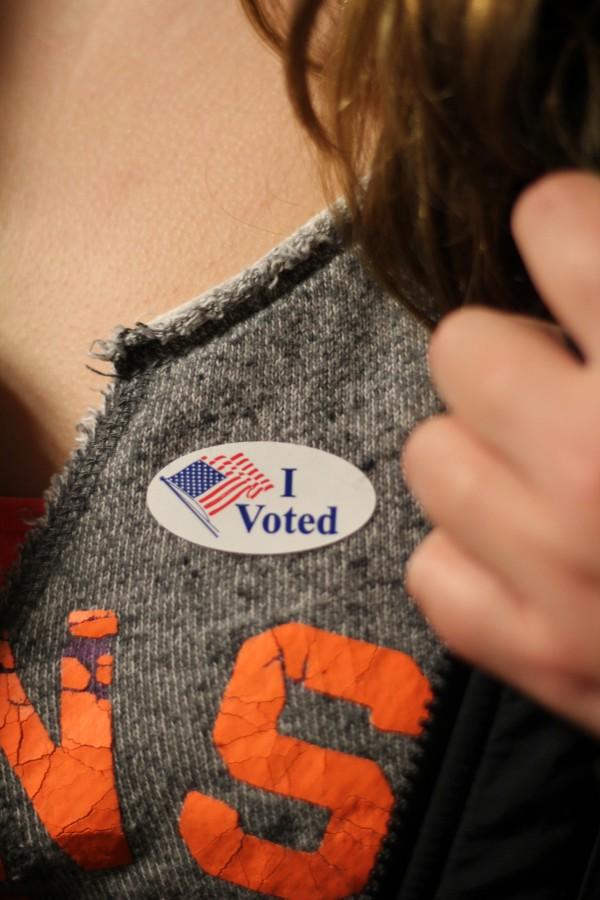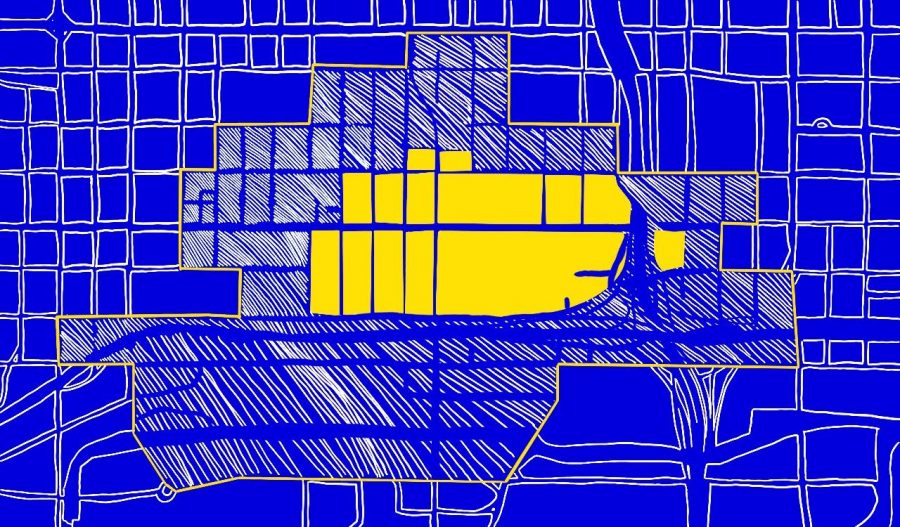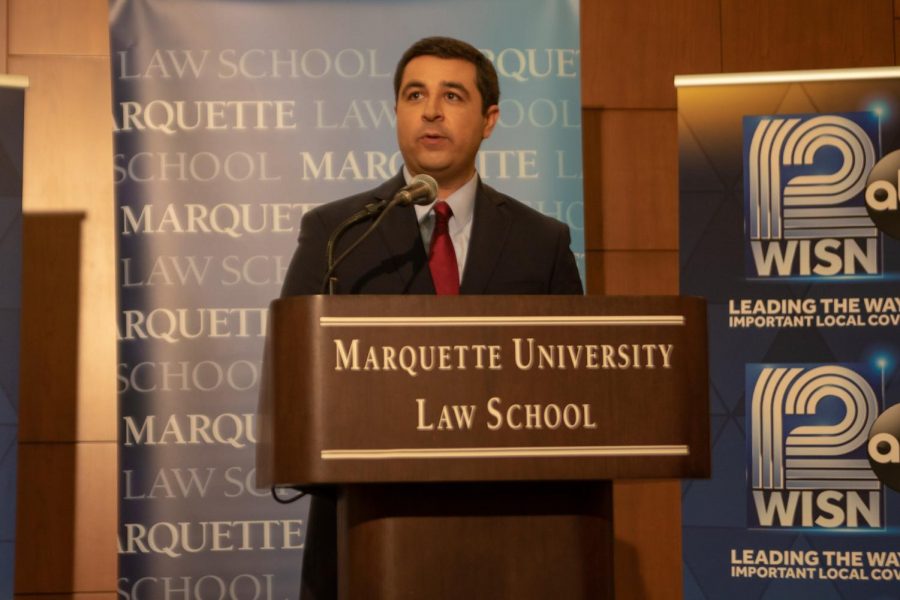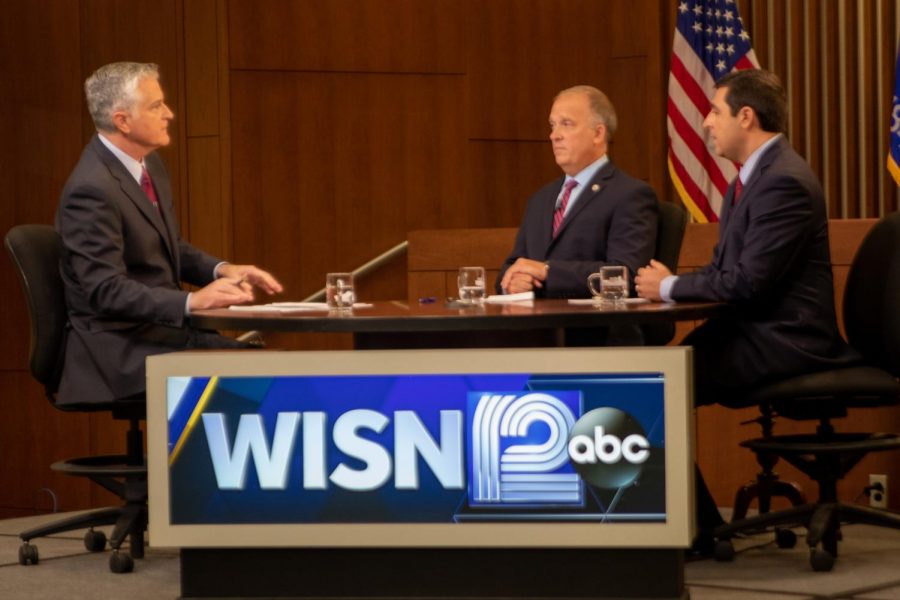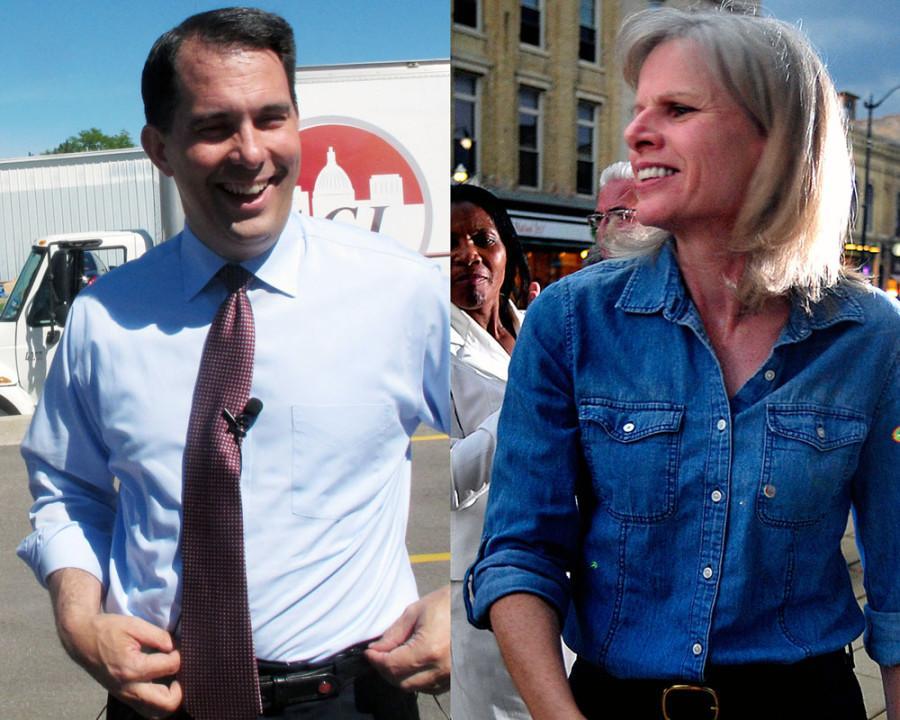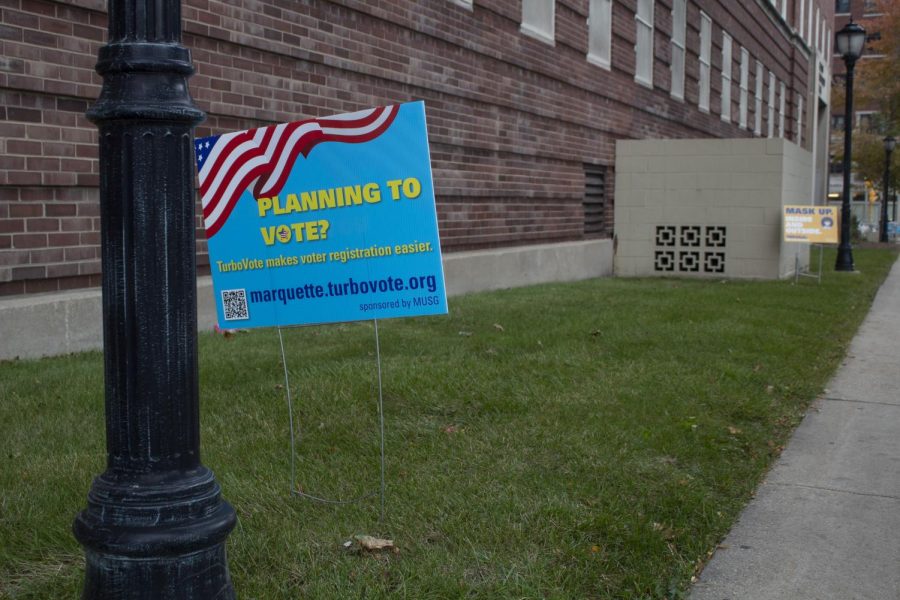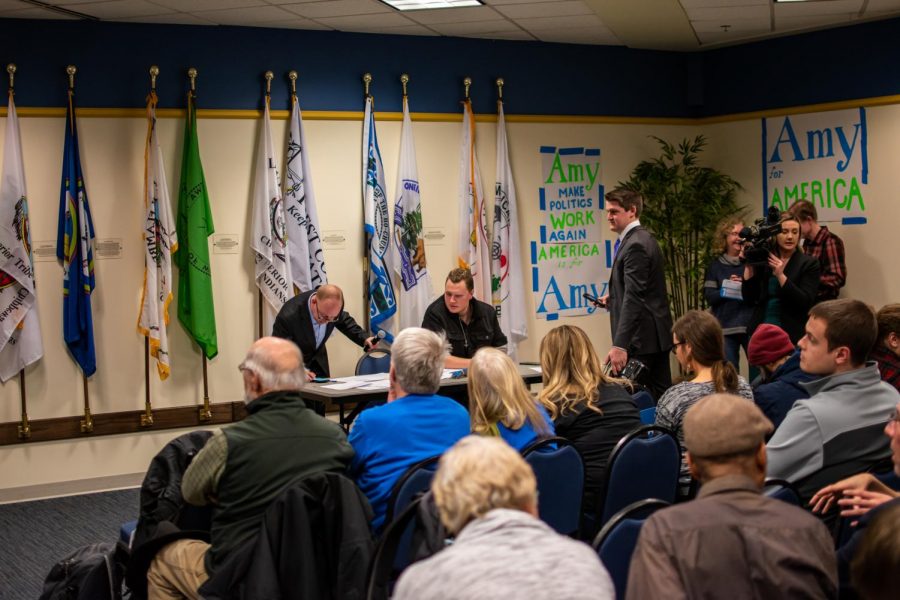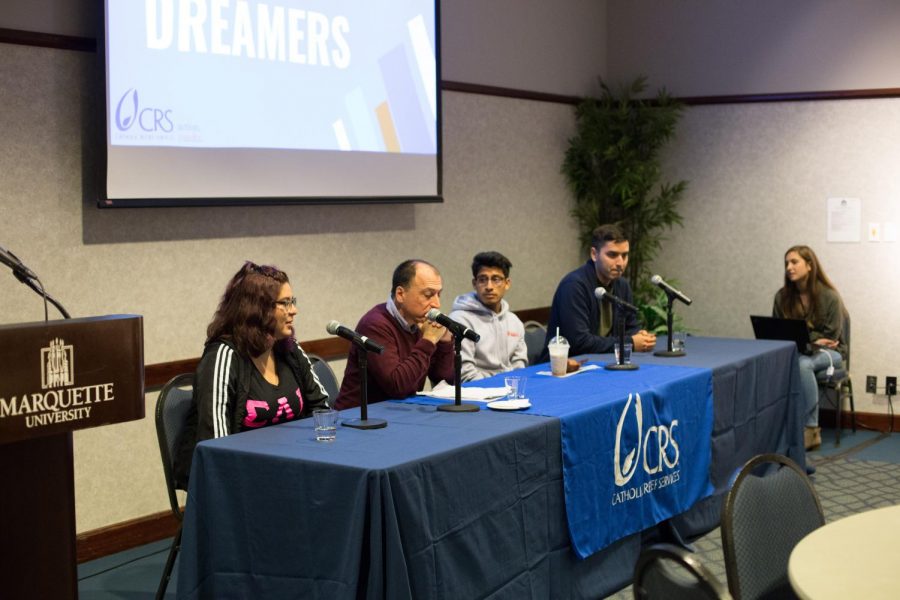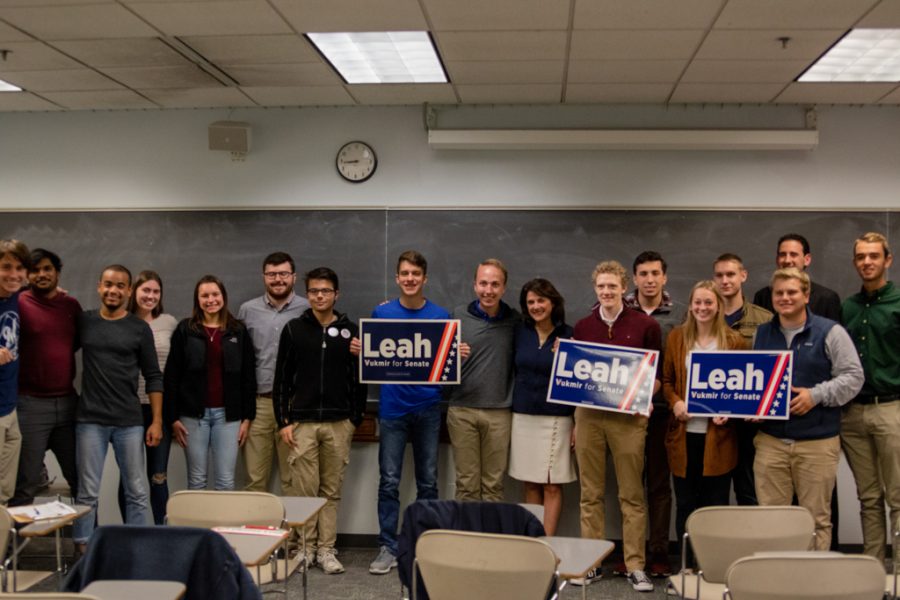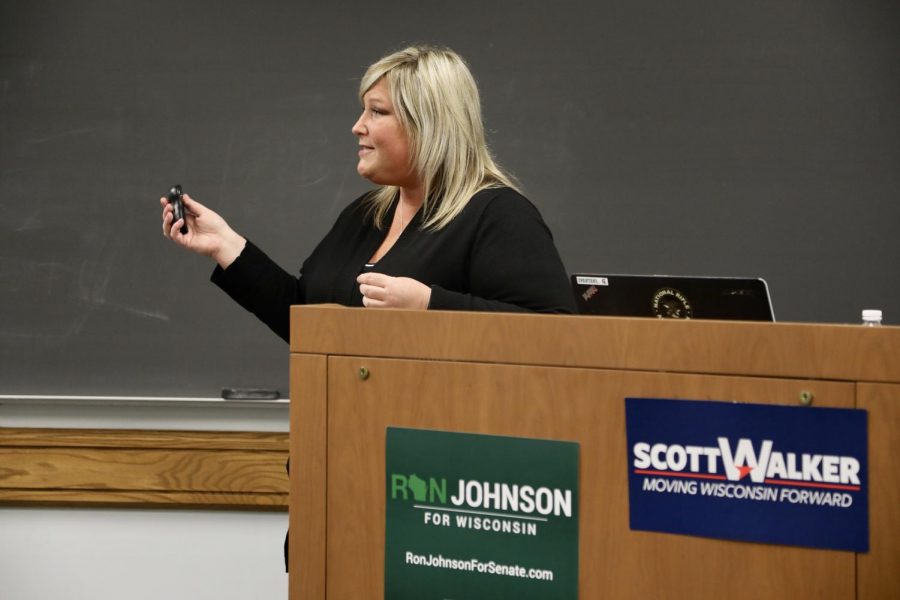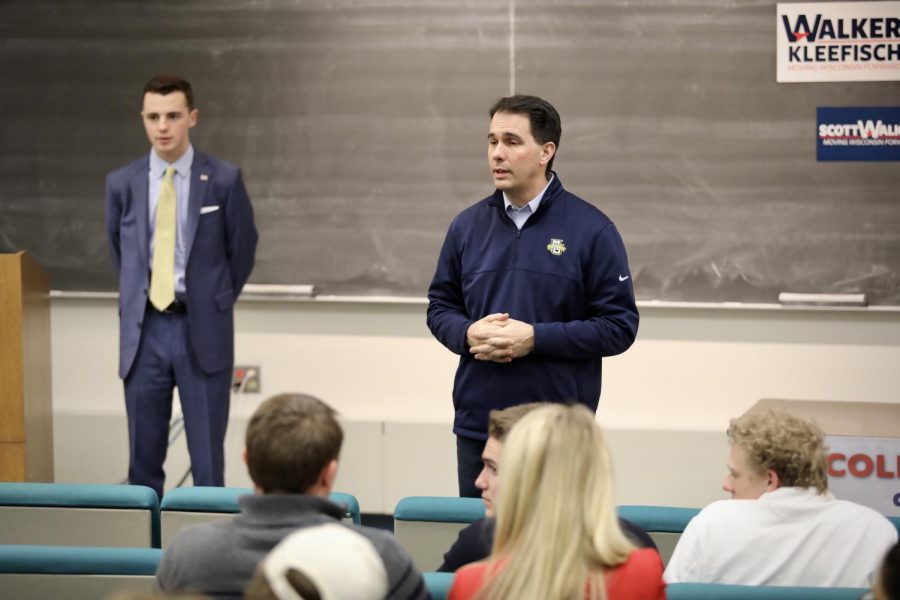It’s midterm election season! As ad campaigns begin to heat up throughout Wisconsin, here’s a list of things students should know in order to be prepared:
1) New voter ID laws
On Sept. 12, the 7th Circuit U.S. Court of Appeals ruled that Wisconsin could proceed with its implementation of the voter identification law for the upcoming Nov. 4 elections.
Student IDs from accredited Wisconsin universities are accepted, but must have the date of issue, the signature of the student and an expiration date within two years of the date it was issued. Students must also bring an additional document proving enrollment in the university.
Marquette will provide students with a new ID card that complies with these updated standards upon request. They will also be free, since federal law states paying for identification cards is considered a poll tax.
Students can pick up these IDs in Union Station at the Alumni Memorial Union, but they must have a valid MUID to do so.
Other acceptable forms of identification include Wisconsin driver’s licenses, Wisconsin identification cards, military IDs and U.S. passports. None of these documents require a current address to vote.
Before someone can vote they must first register. And by the way, any student at Marquette can vote in the Wisconsin election so long as they lived in the state for 28 days.
The Marquette College Democrats and College Republicans are both busy registering voters.
“Registration is quick and easy – with proof of a current address students can be registered in less than fifteen minutes,” said Aliya Manjee, president of the College Democrats. She also added that she did not believe the voter ID law would affect voter turnout on campus.
Students can vote Nov. 4 in the Alumni Memorial Union.
2) For the governor’s mansion, it’s anybody’s race
Democrat Mary Burke and Republican Gov. Scott Walker are competing in one of the closest governor elections in the country.
According to the most recent Marquette Law School Poll, Governor Scott Walker has a 5 point lead among likely voters, slightly outside the 4.5 point margin of error.
The race tightens among registered voters, with Walker holding a one point lead over Burke, well within the margin of error.
Poll Director Charles Franklin attributed Walker’s numbers to tremendous gains in his share of male voters. The poll gives Walker a 62 to 34 advantage over Burke among male voters. Burke has a 54 to 40 advantage among female voters.
In a speech to the Marquette College Democrats, Rep. Evan Goyke (D-Milwaukee) said, “It’ll be a ground game of who can turn out more people to the polls which in an off year would favor Republicans. I don’t think their team thought we’d be anywhere near this.”
3) Two very different jobs plans
One of Walker’s key campaign promises was to create 250,000 jobs and 10,000 new businesses by 2015.
Wisconsin saw an increase of just over 100,000 jobs during Walker’s first term, or about 40 percent of those promised, according to Wisconsin Politifact. In addition, the number of businesses increased by just over 25,000.
Marquette College Republicans president Samantha Connor said she believes “All Marquette students are or will be in need of a job and we need a leader like Gov. Walker, who has a proven authentic jobs plan,” said Connor. She also described Burke’s jobs plan as “a top-down artificial approach to fixing the economy.”
Mary Burke’s campaign has focused its plan on increasing job growth by improving Wisconsin’s agriculture, manufacturing, tourism, forest products and technology industries. Her 40-page jobs plan states that if elected, Burke will “establish a first-of-its-kind authority allowing re-financing of student loans at no cost to taxpayers” and “make student loan payments tax deductible.”
The Burke campaign was recently criticized for lifting passages verbatim from three previous Democratic campaigns — for Delaware Gov. Jack Markell in 2008, for Ward Cammack of Tennessee in 2009 and for John Gregg of Indiana in 2012 — the Milwaukee Journal Sentinel reported.
As for higher education, Walker’s plan states that he will freeze University of Wisconsin-Madison and technical college tuitions and make it easier to transfer credits in order to reduce the need to repeat classes.
Both plans recognized the tremendous burden student debt has on Wisconsin’s workforce.
4) Transportation fund ballot measure
Control of the governor’s mansion is not the only thing at stake this November. A ballot measure on the creation of a government transportation fund is also on the docket.
The measure, also known as Question 1, would amend the Wisconsin Constitution so fees, taxes and other revenue garnered from transportation services are transferred directly to a separate transportation fund.
Support is strong with eight Democrats and all but one Republican in favor of the measure.
The opposition has argued that the amendment doesn’t go far enough and favors the transportation department. Gary Hebl (D-Sun Prarie) said in an interview with the Journal Sentinel that putting protection on one fund and not all funds was akin to prioritizing roads over schools.
5) Congressional district races are not very competitive
All incumbents running in the Wisconsin congressional delegation are expecting to keep their seats, including Marquette alumnus Congresswoman Gwen Moore in Milwaukee’s 4th District.
Most likey, the only new face will be in the conservative 6th district. That district has been controlled by Republican Rep. Tom Petri since 1979, but he announced earlier this year that he was retiring from the post.
In a four-way primary race for the district, Wisconsin Republicans nominated State Sen. Glenn Grothman, who will run against Democrat Mark Harris. Grothman is the heavy favorite despite attracting national criticism for statements he made about Wisconsin’s proposed equal pay law, state salaries and sex education.

